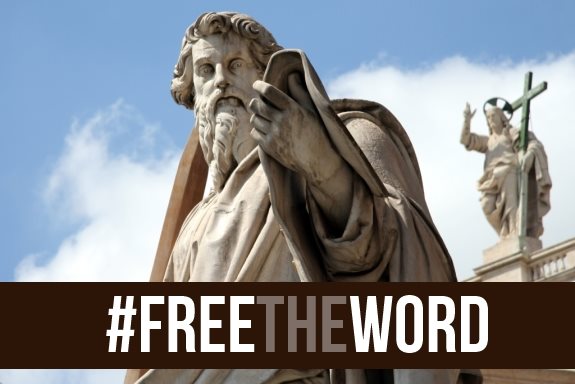Maybe just another case of headline writers aiming for page views instead of accurately summarizing in a title.
Vatican offers ‘time off purgatory’ to followers of Pope Francis tweets
The article itself is not as bad as the headline and at least tries to get some things right.
Still it is rather interesting considering the social media dimension.
Mindful of the faithful who cannot afford to fly to Brazil, the Vatican’s sacred apostolic penitentiary, a court which handles the forgiveness of sins, has also extended the privilege to those following the “rites and pious exercises” of the event on television, radio and through social media.
“That includes following Twitter,” said a source at the penitentiary, referring to Pope Francis’ Twitter account, which has gathered seven million followers. “But you must be following the events live. It is not as if you can get an indulgence by chatting on the internet.”
The actual decree from the Apostolic Penitentiary say in part:
a. – is granted a plenary indulgence, obtainable once a day under the usual conditions (sacramental confession, Eucharistic communion and prayer for the intentions of the Supreme Pontiff) and also applicable to suffrage to the souls of the faithful departed, through the faithful truly repentant and contrite, who will devotedly participate in the sacred rites and religious practices which will be held in Rio de Janeiro.
The faithful legitimately impeded, they may obtain the Plenary Indulgence if, by complying with the usual spiritual, sacramental and prayer, with the purpose of filial submission to the Roman Pontiff, to participate spiritually in the sacred functions in certain days, provided follow these same rites and pious exercises while performing, or via television and radio, always with due devotion, through the new means of social communication;
Note: This is via Google Translate since the English translation of this document has not yet been provided.
No word yet if an indulgence is given for retweeting the pope.




